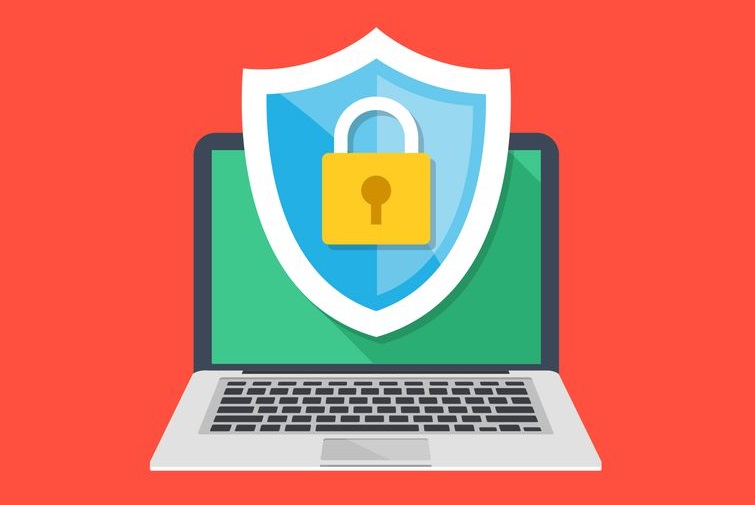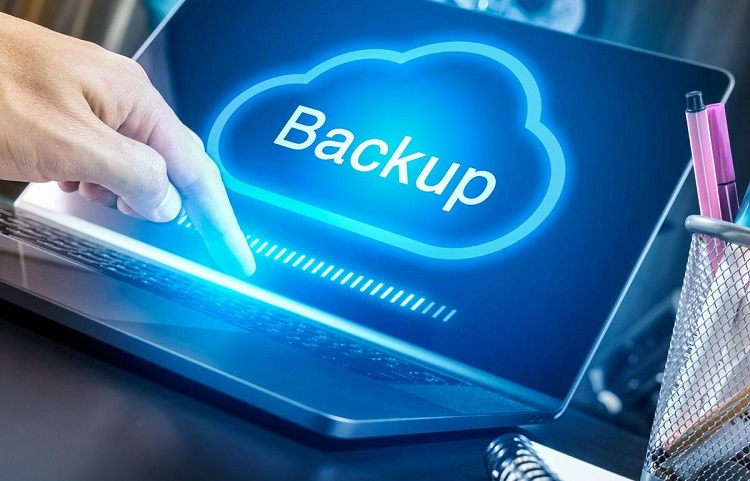Protect Your Documents: Do you worry about your important files and documents like business documents, invoices and receipts, and your photos and videos that are stored on your computer? If your answer is yes, then you aren’t the only one. Hard drives are susceptible to physical damage and the files themselves can be corrupted or infected if proper care is not taken.

How to Protect Your Documents
So, what can you do to protect your files in the long run? The following are some of the things you need to keep in mind:
Method 1: Using Antivirus Protection
It’s true that computers have become way more powerful than they were a decade ago. The latest operating systems that these devices come installed with are equipped with built-in security features like malware protection, network protection, etc. However, online threats have also become more powerful.

If you don’t want to take any chances with your digital files and documents, then it’s important that you install the best antivirus for Windows that you can find. Make sure that you pick a reputed brand and also check if the software supports multiple devices. This will help you use the program for all your computers and laptops without spending extra money.
Method 2: Create Backups
It’s a bad policy to keep all your files in a single location. This is because if for any reason like when you are not using protection from trusted companies like Bitdefender, this location gets compromised, then you can’t recover the files. You can solve this problem by creating a backup of all your photos. You have many options too- you can use an external hard drive or optical storage like DVDs or Bluray disks. An even better approach could be cloud storage.



Cloud storage allows you to store your documents on an online server that’s maintained and protected by the provider. For instance, you can use Dropbox which is one of the best cloud storage services today. Doing this will allow you to access your files from any device as long as you have Internet access. Plus, you get up to 2 GB worth of storage for free!
Method 3: Be Wary of Hardware Failure Signs
If you are using your computer on a regular basis, then you should keep an eye for signs that suggest that the hard drive is at risk of physical damage. This is because if the hard drive gets physically damaged or broken, then you may lose your files permanently.



The following are some signs that may suggest that your hard drive is failing:
- Extremely slow reading and writing speeds
- System freezes when accessing files
- Clicking sounds from the hard drive
- Overheating
If you observe any of the signs above, then it’s best to copy all your files on a different hard drive and get a computer technician to look at your hard drive up close.
Conclusion
Digital files and documents are just as fragile as paper documents. If you are not careful and take necessary measures, then you can lose them on your computer in a single unfortunate event. So, be sure to create regular backups of all your important files.
Also, protect your computer from all kinds of online threats by installing comprehensive antivirus software. For instance, Bitdefender’s Total Security is good product that’s easy to use and is also affordable. In fact, they are currently running a 90 day free trial which is a great way to thoroughly test the product. So, you really have no reason not to check it out today itself!



















